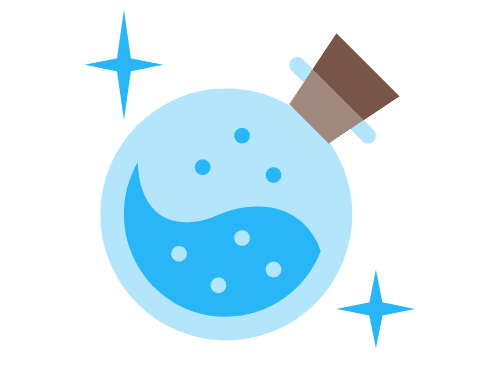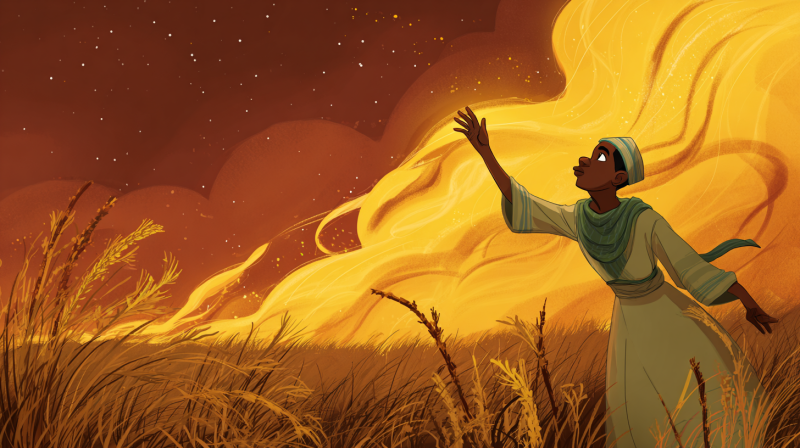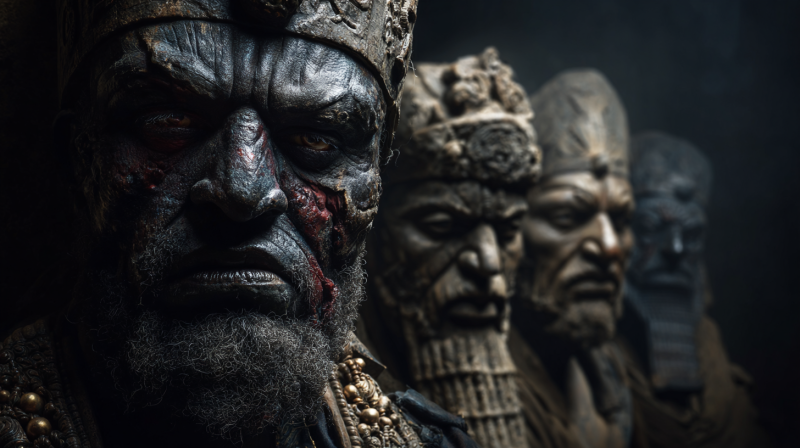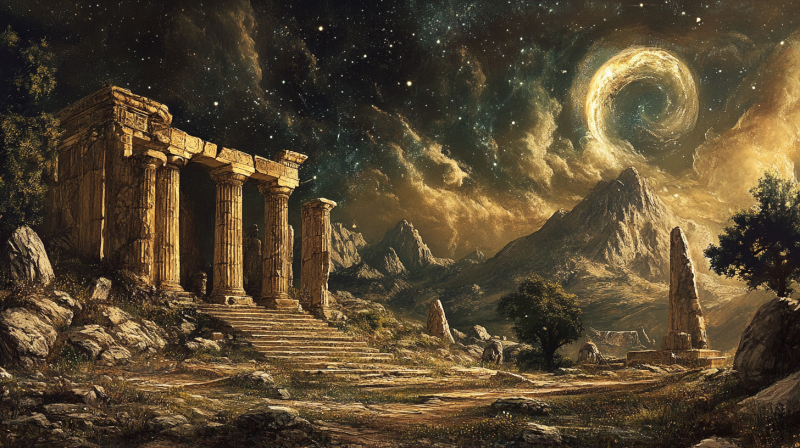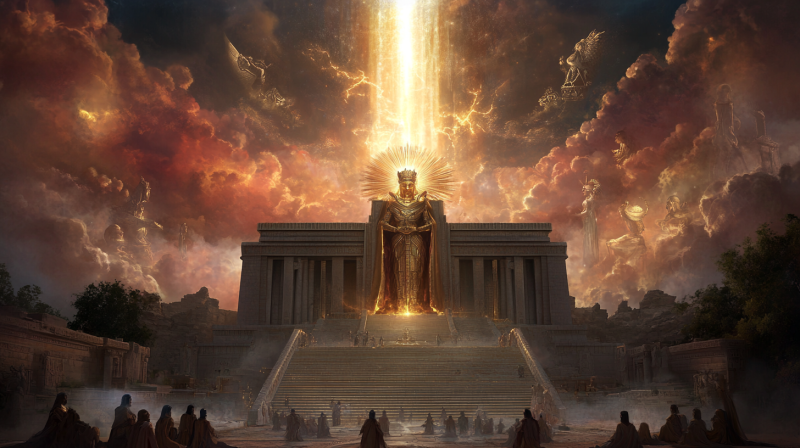In the previous parts of our exploration, we embarked on a captivating journey through ancient cultures, unraveling the intricate relationship between mythology and medicine. Part 3 of our series delves deeper into the fascinating stories, rituals, and remedies that have endured through generations, offering profound insights into the holistic approach to health and healing embraced by our ancestors.
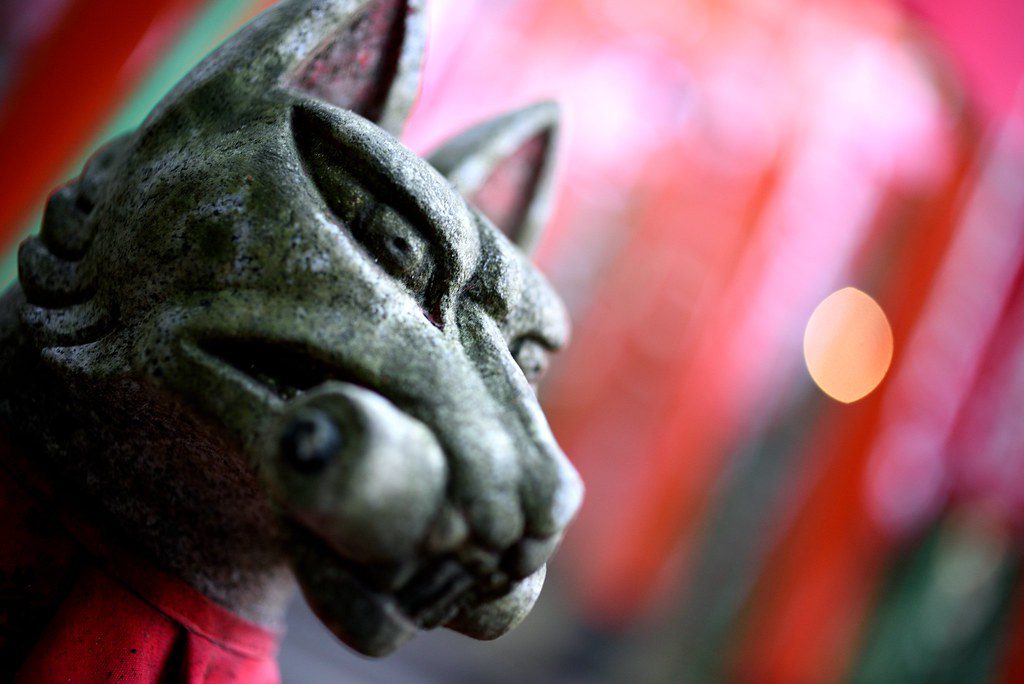
Japanese Mythology: The Healing Powers of Kami
In Japanese mythology, kami are revered as divine spirits residing in nature, objects, and even individuals. The Shinto tradition emphasizes harmony with kami and the natural world, believing that illness results from a disrupted balance with these spirits. Traditional Japanese medicine, known as Kampo, incorporates herbal remedies and acupuncture, aligning with the ancient belief in the healing powers of kami. Rituals and prayers are performed to seek harmony with these spirits, reflecting the deep spiritual connection between mythology and Japanese healing practices.
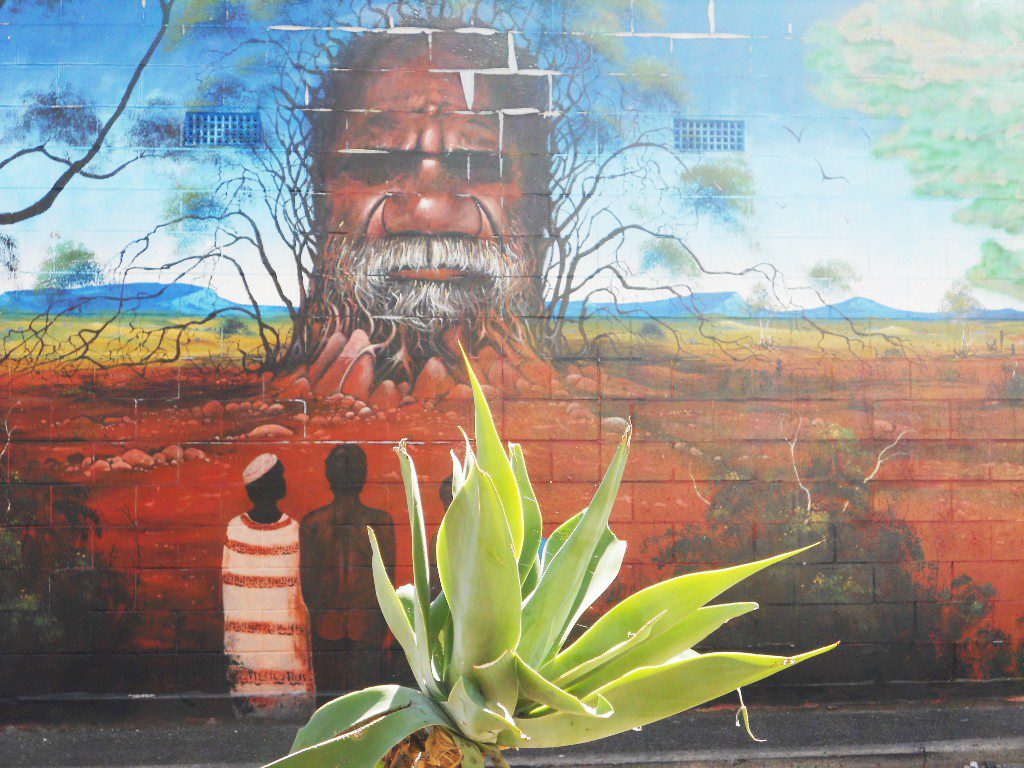
Indigenous Australian Dreamtime: The Spirit World and Healing Songlines
Indigenous Australian cultures are rich with Dreamtime stories, depicting the creation of the world and the spirits that inhabit it. Dreamtime stories are intricately linked with songlines, spiritual pathways that traverse the land. Traditional healers, known as Ngangkari, use these songlines to channel healing energies and connect with ancestral spirits. Healing ceremonies, involving chanting, dances, and herbal remedies, are performed along these songlines, highlighting the profound belief in the interconnectedness of the spiritual, natural, and human worlds for well-being.
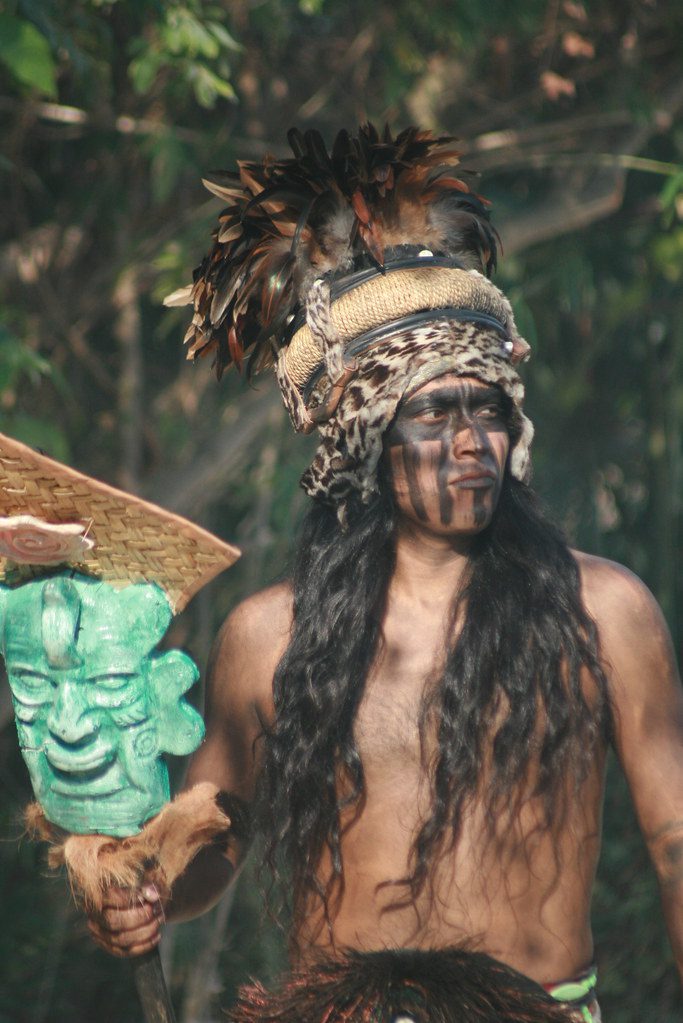
Mayan Mythology: Shamans and the Healing Journey
In ancient Mayan civilization, shamans played a crucial role in healing practices. Mayan mythology is steeped in stories of gods and spirits, with the underworld, Xibalba, being a realm of both danger and healing. Shamans, through rituals and ceremonies, would journey into the underworld to communicate with spirits and seek guidance for healing. Herbal medicine, divination, and prayer were essential components of Mayan healing, reflecting the deep spiritual significance attributed to the process of restoring balance and harmony within the individual and the community.
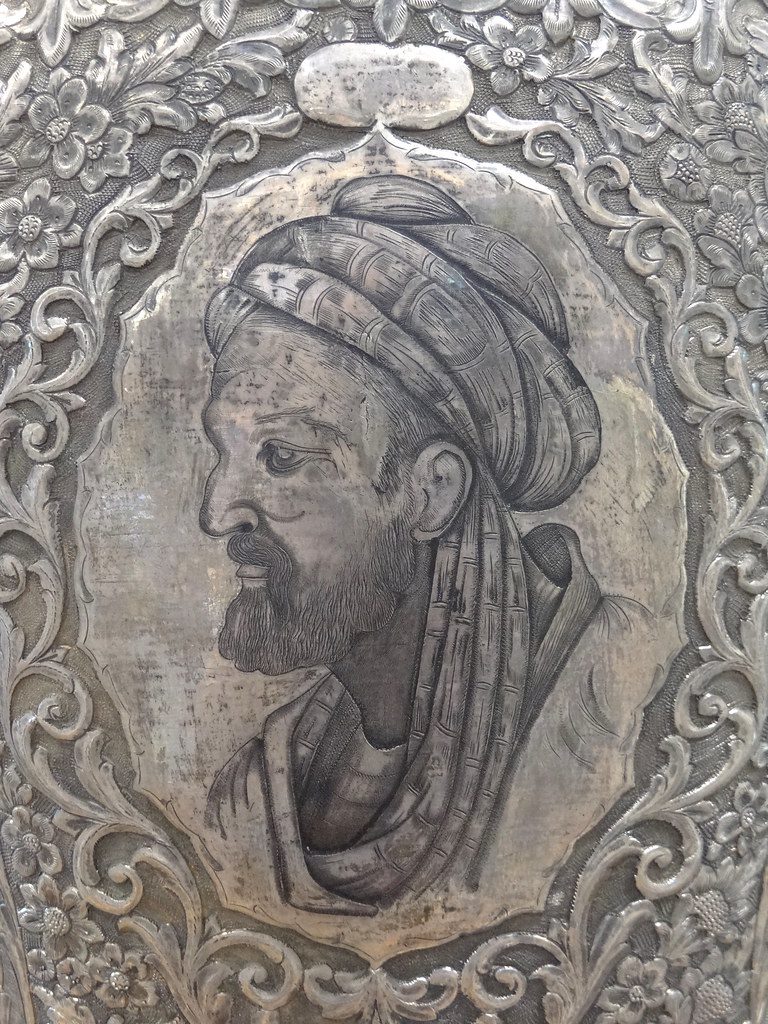
Islamic Medicine: The Legacy of Avicenna
Islamic medicine, rooted in the teachings of the Quran and Hadith, experienced significant advancements during the Golden Age of Islam. Scholars like Avicenna (Ibn Sina) synthesized ancient knowledge from various cultures, incorporating Greek, Persian, and Indian medical traditions. Avicenna's influential work, the Canon of Medicine, emphasized the importance of a holistic approach to health, considering the physical, mental, and spiritual aspects of well-being. Islamic medicine highlighted the interconnectedness of the human body with the universe, aligning with the broader theme of harmony found in many mythological traditions.
In this exploration of folklore and mythology in medicine, we have journeyed across continents and cultures, unveiling the profound wisdom that ancient beliefs have bestowed upon the practice of healing. From Japanese kami to Indigenous Australian songlines, Mayan shamans to Islamic scholars, these diverse traditions share a common thread—the recognition of the intricate interplay between the spiritual, natural, and human realms in maintaining health and well-being.
As we reflect on these ancient insights, we are reminded of the importance of embracing a holistic approach to medicine, one that acknowledges the intricate balance between the physical, mental, and spiritual aspects of our existence. The stories of gods, spirits, and rituals from the past continue to inspire and guide us, offering timeless lessons that resonate across cultures and generations. In our modern world, as we navigate the complexities of healthcare, these ancient myths serve as beacons of wisdom, illuminating the path toward holistic healing for all.
Thank you for joining us on this enlightening journey through folklore and mythology in medicine. As we conclude this series, let us carry forward the invaluable lessons from our ancestors, embracing the harmonious blend of tradition and modernity for a healthier, balanced future.
